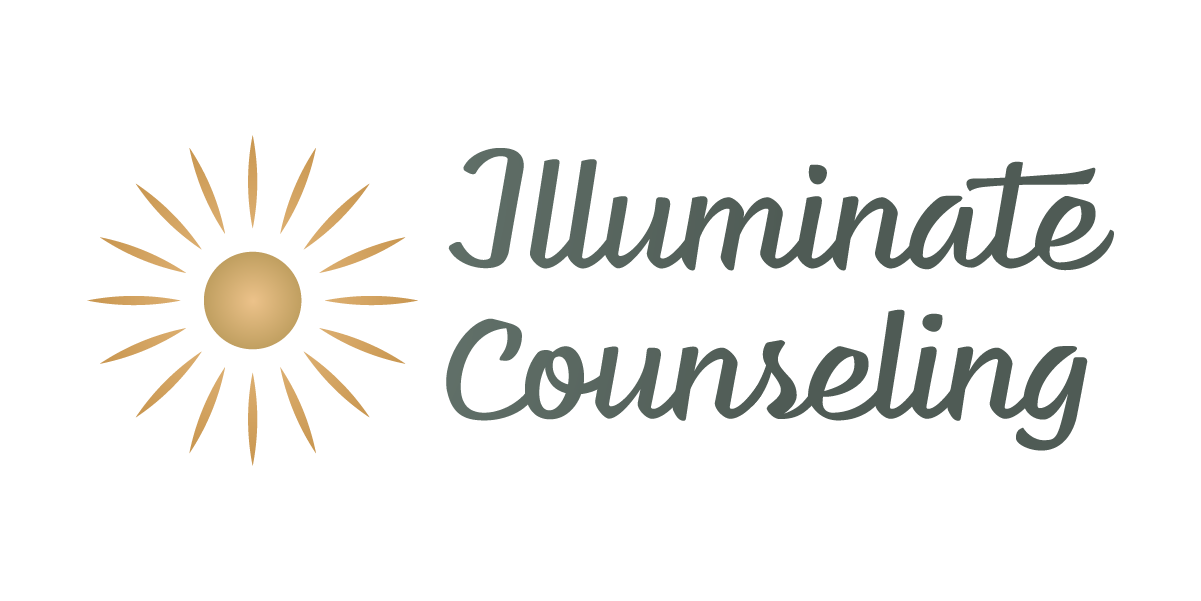Understanding Shame
Am I even a therapist since I haven’t posted about shame yet?
Jokes aside, let’s talk about shame.
In the midst of increased attention to mental health and the work of Brene Brown, shame is becoming more well-known among people. Brene Brown defines shame as an intensely painful feeling or experience of believing that we are flawed and therefore unworthy of love and belonging.
Shame is an all-encompassing identifier. It’s not “Oh, what I just did was bad” it’s “I, as a whole, am bad.” It tends to grasp onto our way of thinking and perceiving and will skew anything to fit its narrative. Meaning, if shame makes us think that we are a failure and screw-up, then even our successes will start to tilt towards failures and mess-ups in our perception.
To understand shame better, it helps to look at shame’s emotional buddy, guilt. These two can share similarities, but a key difference is that guilt only looks at the situation at hand and it is a mobilizing emotion. If you mess up, guilt will make you aware of that mess up, but it will also mobilize your thinking to process how you can do better next time and how you can repair it. Shame, on the other hand, is immobilizing. It will take a situation where you messed up and convince you that you as a whole are a screw-up and push you into isolation and immobilization.
The best way to combat shame? Social connections. Chances are, the thing that you are experiencing shame with, many other people have, too. But, shame is really good at making you think you are the only one and convincing you that it’s better to keep this to yourself than to open up and share with others.
When you are able to open up and share, many people will empathize with you, which squashes shame. Shame can’t survive where empathy is present.
Being aware of our shame is a very helpful tool for overcoming it. Shame can only wear so many hats, so if you start to become aware of the messages it sends you, you can catch onto it sooner and sooner and respond to it in healthier ways.
Brene Brown is a top researcher on shame and vulnerability. If you are interested in learning more about shame you can check out this post and explore more of Brene Brown’s resources.


